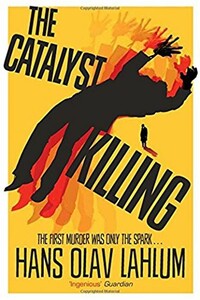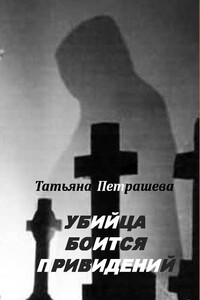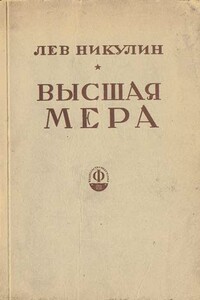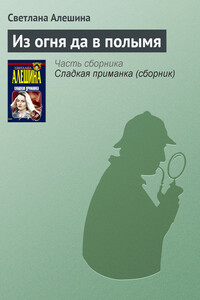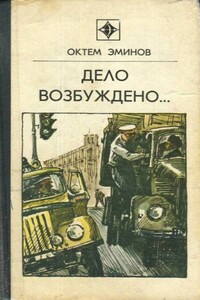Satellite People | страница 118
IV
Widow Maja Karstensen was older and greyer than I had imagined. She must have been closer to eighty than seventy and used two sticks to walk the few steps across the floor of her tiny flat. But her smile was youthful and the coffee was ready on the table. When I asked her if she had known Arild Bratberg for a long time, she replied in a voice that was both friendly and helpful.
‘Yes, I would say so. Arild was born in the flat next door, and I visited him and his mother the very same evening. She was my best friend, Mrs Bratberg. You see, I couldn’t have any more children of my own, the doctors had told me so three years earlier when I barely survived the birth of my second son. So it was a real joy to have a little one on the stairs again.’
I nodded and let her take the time she needed to continue. Her progress was steady, if not fast.
‘Arild was a bit of surprise. His brother and sister were about fifteen years older and his father was over fifty. He died just a few years after Arild was born, so things were often not easy for Arild and his mother. Arild was small and puny as a boy, never the strongest or the smartest. But he was as kind and helpful as the day was long. And he seemed to be doing all right for himself just before and during the war. He had got himself a job as a messenger boy down at the Schelderup office in town and seemed quite optimistic about the future. He had a bicycle and dreamt of buying his own car one day. But then…’
She suddenly floundered and fell silent, but found her voice again after drinking some coffee.
‘But then there was that terrible murder on Liberation Day. There were so many awful things going on at the time, and so many good men found their lives turned upside down by some terrible thing that happened one day during the war. Arild was one of those whose lives changed most, and in the most inexplicable way. But it was the word of a rich man from the best part of town against that of a poor lad from the east end. So Mrs Bratberg and I quickly realized how the court case would end.’
I took the liberty of commenting that the version of events that Arild Bratberg wanted the court to believe was rather wild. She let out a sad sigh.
‘Yes, indeed, it was a bizarre story. Even I doubted it until more recently, and there were times over the years when he really did seem slightly mad. But then, as time passed, I too became more certain that it did not happen in the way it was told in court. Arild had his clear moments when he was sober. And he always repeated that the court judgement from 1945 was wrong. He used to say, “I might well be mad now, but I wasn’t back then.”’
